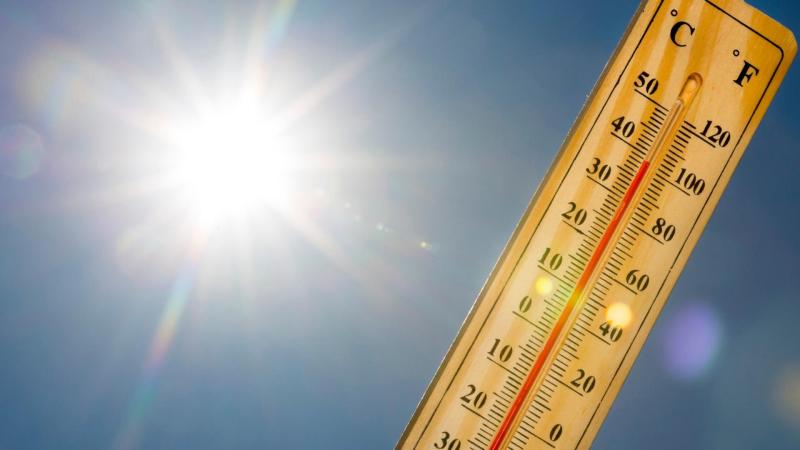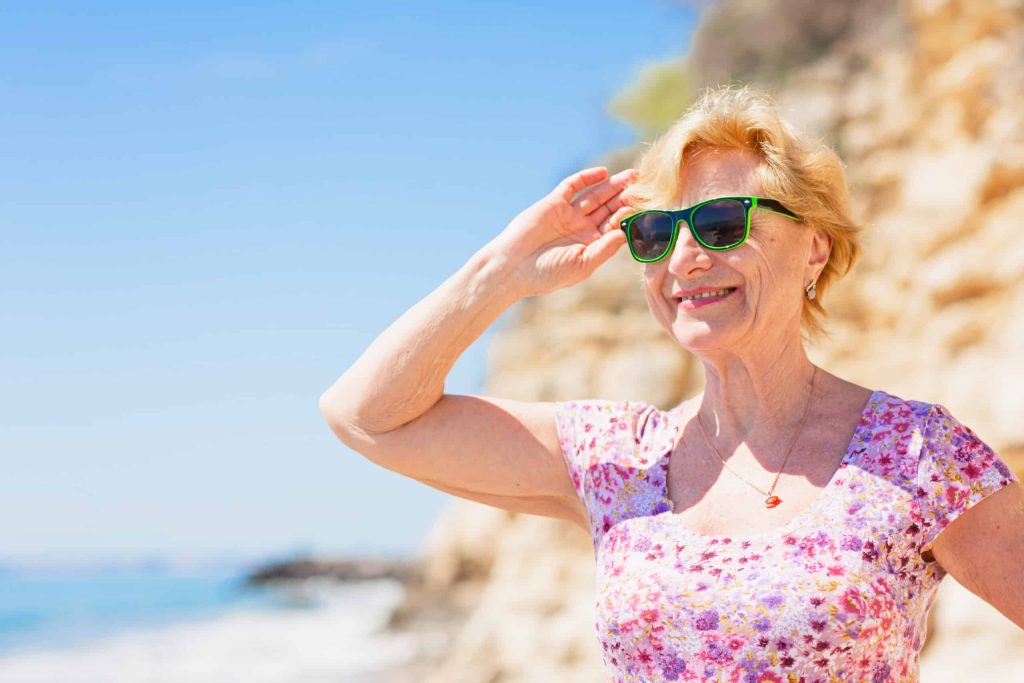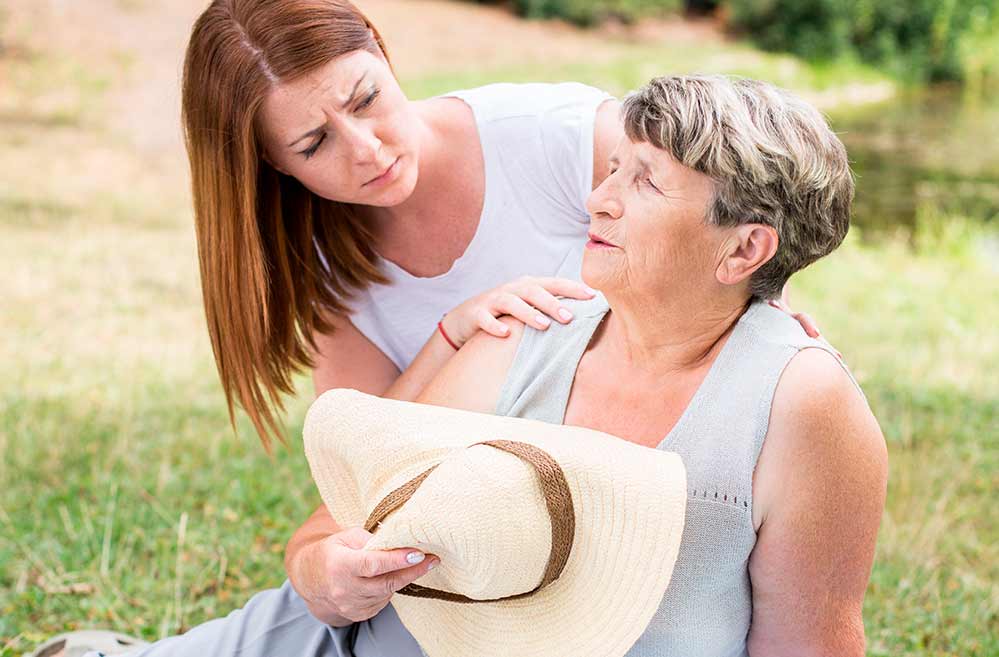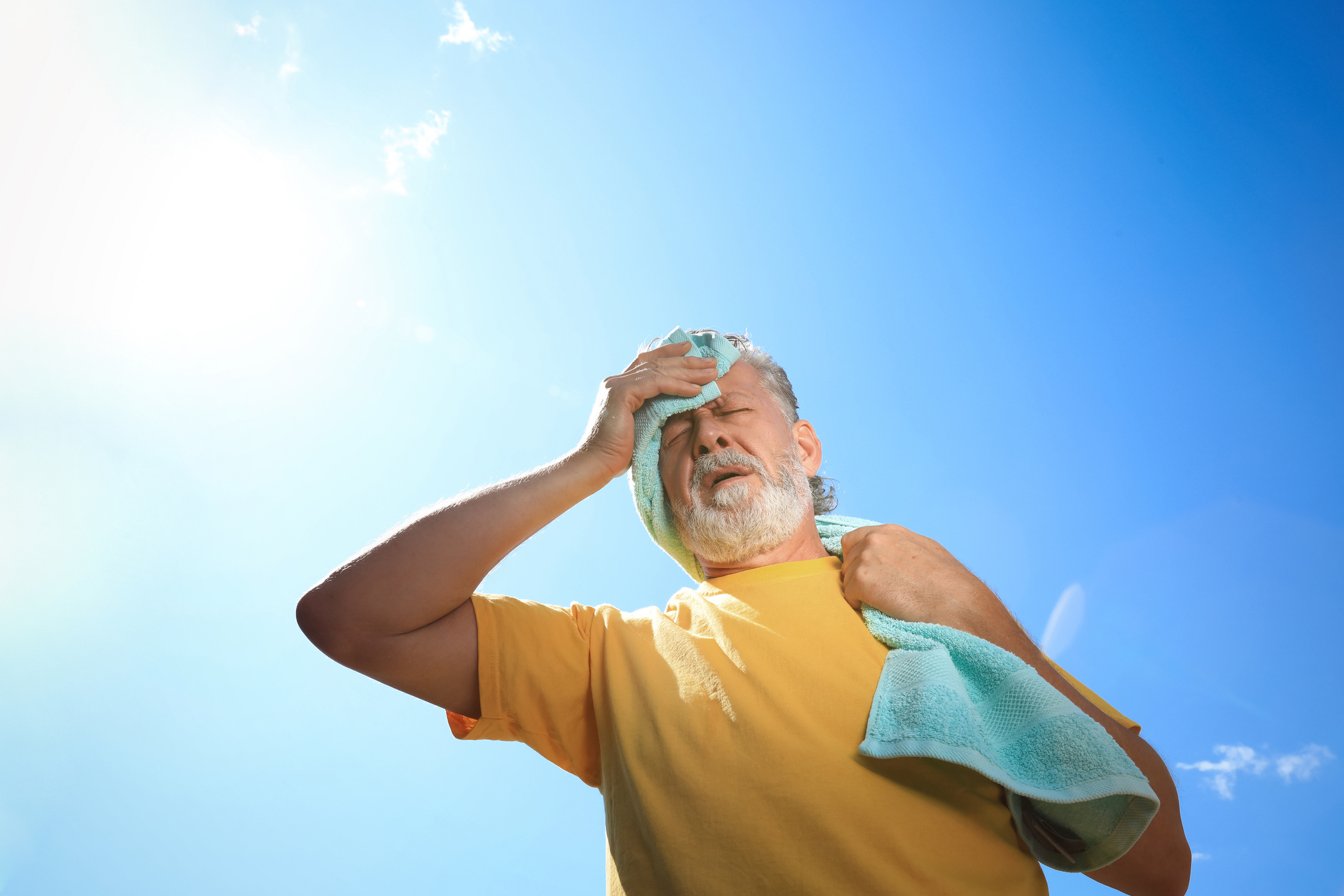As summer temperatures rise across the UK, it’s not just about keeping cool — it’s about staying safe. For elderly individuals, a heatwave isn’t just uncomfortable, it can be life-threatening. Understanding why older adults are more at risk during hot weather and how to support them is essential — especially for families, caregivers, and communities.
🔥 Why Are Heatwaves Dangerous for Older Adults?
Heatwaves are defined as prolonged periods of excessively hot weather. While anyone can suffer during these conditions, elderly individuals face a significantly higher risk due to several physiological, medical, and environmental reasons.
1. Impaired Thermoregulation
As we age, the body becomes less efficient at controlling internal temperature. Older adults sweat less and may not feel thirsty even when dehydrated — making it harder for their body to cool down naturally.
2. Chronic Health Conditions
Many seniors live with health issues like cardiovascular disease, diabetes, respiratory problems, or dementia. These conditions — and the medications used to treat them — can make it harder to tolerate heat and detect early signs of trouble.
3. Medications That Affect Body Temperature
Some medications like diuretics, beta-blockers, sedatives, or even over-the-counter antihistamines can:
- Reduce sweating
- Increase fluid loss
- Interfere with body temperature regulation
4. Mobility Issues and Isolation
For seniors who live alone or have limited mobility:
- Opening windows
- Turning on fans
- Getting a drink
- Seeking help
can all be difficult — especially if no one is around to assist them.
5. Cognitive Impairment
Conditions like Alzheimer’s or dementia can prevent older individuals from recognizing heat stress symptoms or responding appropriately, such as drinking water or seeking cooler shelter.
🔥Common Heat-Related Illnesses in the Elderly

1. Heat Exhaustion
- Symptoms: heavy sweating, weakness, nausea, headache, dizziness.
- Response: Move to a cool area, hydrate, and rest immediately.
2. Heat Stroke
- Symptoms: confusion, dry skin, high body temperature, rapid heartbeat, unconsciousness.
- This is a medical emergency. Call 999 immediately.
3. Dehydration
- Symptoms: dry mouth, dark urine, sunken eyes, fatigue.
- Tip: Encourage sipping water frequently throughout the day — not just when thirsty.
4. Worsening of Chronic Conditions
Heat can exacerbate heart problems, respiratory issues, and kidney function — increasing the risk of hospitalisation.
Tips to Keep Older Adults Safe During Heatwaves
✅ Hydration is Key
Encourage drinking water throughout the day, even if they don’t feel thirsty. Avoid alcohol, caffeine, and sugary drinks which can dehydrate the body.
✅ Keep Homes Cool
- Use fans or air conditioning
- Keep curtains or blinds closed during peak sun hours
- Open windows early in the morning or late in the evening when it’s cooler
✅ Dress Smart
Light-coloured, loose-fitting clothes and wide-brimmed hats can reduce heat absorption.
✅ Avoid Direct Sunlight
Schedule outdoor activities early in the morning or after sunset. Stay indoors between 11 AM and 3 PM.
✅ Prepare Ahead
Have an emergency contact list and make sure neighbours, carers, or family members regularly check in during heatwaves.

💜 How Alderberry Care Supports the Elderly During Heatwaves

At Alderberry Care, we know that summer heat brings more than discomfort — it brings genuine risk. That’s why our carers are trained and equipped to support elderly clients during extreme weather.
Our Heatwave Support Includes:
- 🌿 Personalised care routines — tailored to individual health needs, medications, and preferences.
- 🌿 Hydration support — regular encouragement to drink water and stay nourished.
- 🌿 Environmental checks — ensuring rooms are ventilated, fans are working, and sunlight is blocked out during peak hours.
- 🌿 Daily wellness checks — monitoring vital signs, looking for symptoms of dehydration or heat stroke, and responding quickly to warning signs.
- 🌿 Companionship and emotional support — keeping clients engaged and safe, especially those who live alone or struggle with cognitive decline.
- 🌿 Family communication — keeping loved ones informed and reassured during periods of high temperature.


